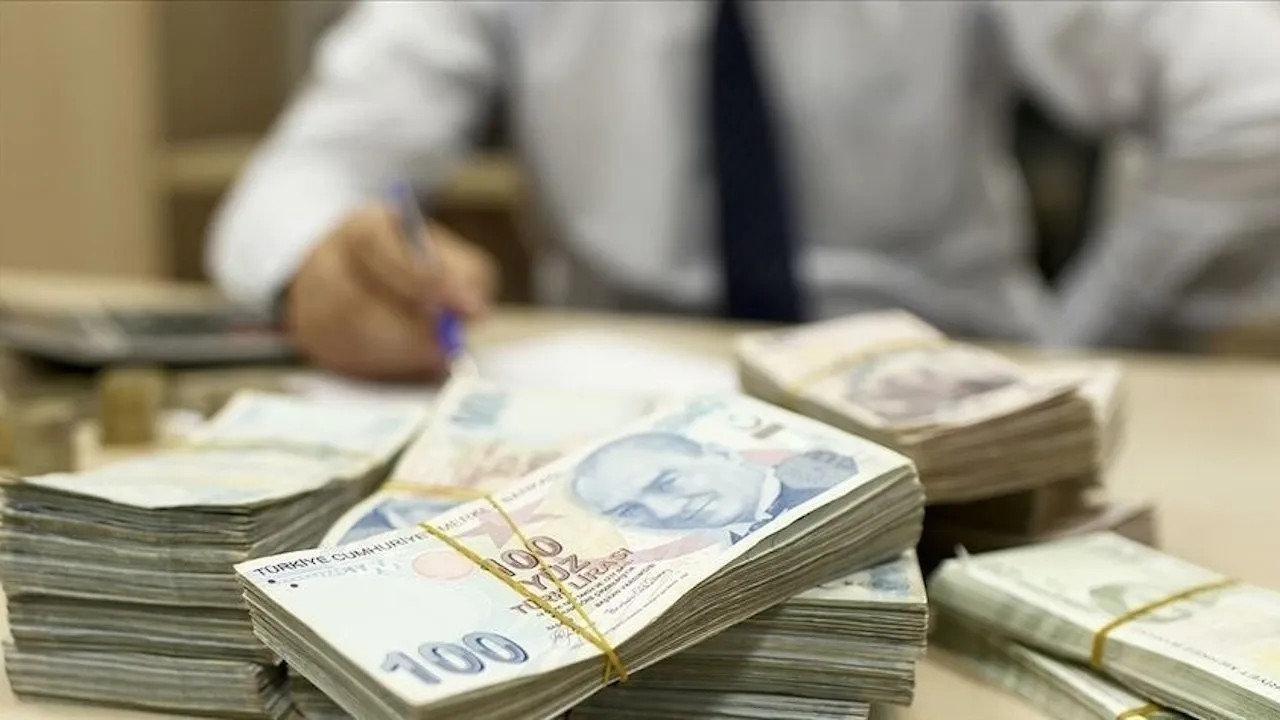Tax hikes and price increases hit before civil servants and workers receive their increased salaries
The special consumption tax (ÖTV) on alcohol and cigarettes on July 5 surged by staggering rates after the announcement of the inflation rate for 2023's first half. Additionally, the Turkish government has doubled the motor vehicles tax (MTV) and increased fuel prices along with the general corporate tax.
Duvar English
Turkish society has been continued to affected by a series of price increases and tax hikes following the elections, which have extended beyond the announcement of inflation data for the first half of the year by the government-run Turkish Statistical Institute (TÜİK) on July 5, as reported by the daily newspaper BirGün.
The hike in the special consumption tax (ÖTV) in alcohol and cigarettes reached to 14.81 percent over the TÜİK’s announcement. The rate of the ÖTV increase in alcoholic beverages and cigarettes is determined according to the domestic producer price index (D-PPI) which was 14.82 percent in the first six months of 2023.
The government has limited the increase in the rents for housing to 25 percent which is normally calculated according to the consumer price index (CPI). However, the rate of workplace rent hike became 59.95 percent with the announcement of the new CPI.
Furthermore, the government submitted a new bill to the parliament, which the ruling Justice and Development Party describes as the "National Solidarity Package," to reduce the financial burden caused by the Feb. 6 Earthquakes. Accordingly, the government doubled the motor vehicles tax (MTV) for newly registered vehicles and vehicles currently registered.
The price of one liter of gasoline on July 4 surpassed 26 Turkish Liras (~$1 on July 5), following a notable increase of 2.11 Turkish Liras. Effective from July 6, the price of diesel fuel would increase by 0.87 liras per liter as well.
Turkey’s “national car” and the government’s pre-election propaganda prop TOGG also imposed a 27 percent increase and priced its cheapest model at 1.2 million liras (~$45,994 on July 5).
The government also increased the general corporate tax rate from 20 percent to 25 percent. The new rate would be 30 percent for banks, financial leasing, factoring, electronic payment companies, and insurance companies.
The TÜİK on July 5 reported an annual inflation rate of 38.21 percent in June, whereas the independent inflation group ENAG put the figure at 108.58 percent. The 6-month inflation, which affected the raise of millions of civil servants and retirees, was 19.77 percent.
The government on July 5 submitted its proposal of a 17.55 percent plus 8,077 Turkish Liras increase for the civil servant's salaries, making the lowest salary 22,017 ($843 on July 5) liras. Turkey has increased the minimum wage by 34 percent for the second half of 2023, from 8,506 liras to 11,402 liras ($437 on July 5).
Due to the increase in the dollar exchange rate, the minimum wage has eroded by about 46 dollars as of July 5 without workers getting paid.

 Lowest civil servant salary becomes 22,000 liras in Turkey after release of official inflation rateEconomy
Lowest civil servant salary becomes 22,000 liras in Turkey after release of official inflation rateEconomy Gov't-run TÜİK reports annual inflation rate as 38 percentEconomy
Gov't-run TÜİK reports annual inflation rate as 38 percentEconomy Cost of marriage in Turkey more than quadrupled in one year to 400,000 Turkish LirasDomestic
Cost of marriage in Turkey more than quadrupled in one year to 400,000 Turkish LirasDomestic